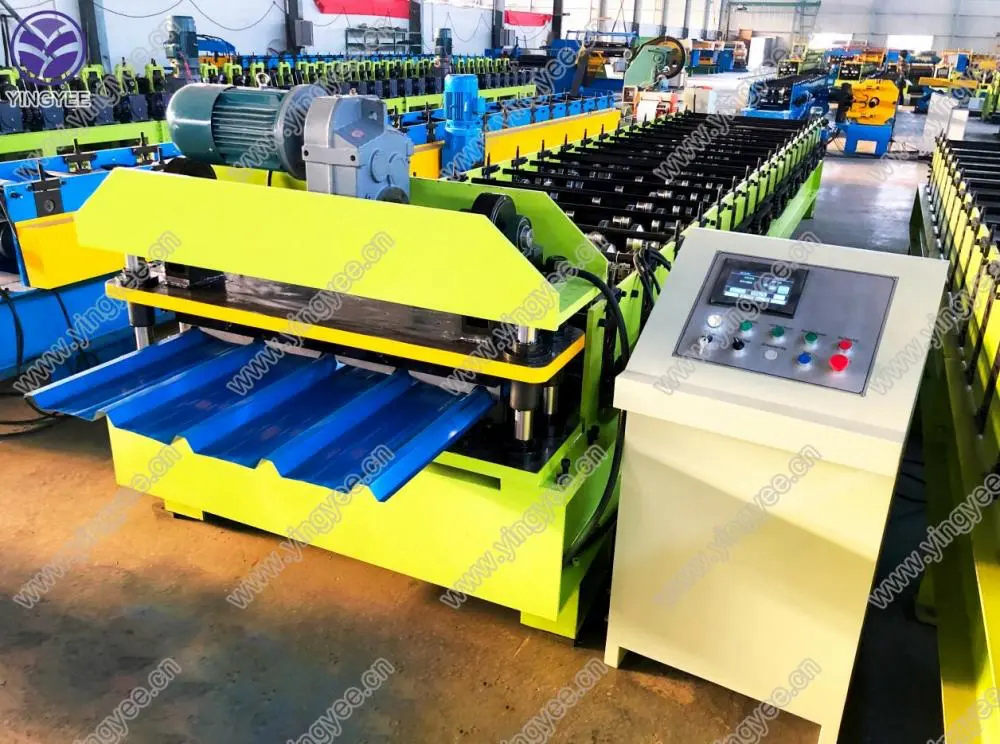
The Evolution and Importance of Steel Tube Mills
Steel tube mills have been a fundamental part of the steel manufacturing industry, playing a pivotal role in the production of various steel products that are crucial for numerous applications. The evolution of these mills over the years reflects significant advancements in technology, production efficiency, and sustainability practices, making them indispensable in today's industrial landscape.
Steel tubes are widely used in construction, automotive, aerospace, and various other industries due to their strength, durability, and versatility. They offer structural support, serve as conduits for fluids and gases, and are integral components in machinery. Consequently, the demand for high-quality steel tubes has led to the refinement of tube mill technology.
Historically, the production of steel tubes began in the early 19th century, utilizing basic processes that were labor-intensive and time-consuming. However, the advent of electric welding in the 20th century marked a revolutionary change in tube manufacturing. Electric resistance welding (ERW) allowed for the efficient fusion of steel strips into hollow tubes, significantly enhancing production speed and reducing costs. This innovation set the stage for the modern steel tube mill, which employs a combination of advanced machinery and automation.
Today's steel tube mills utilize a variety of techniques to produce tubes in different shapes and sizes, including seamless and welded tubes
. Seamless tubes are produced through rotary piercing and elongation processes, resulting in a product that has higher strength and a uniform wall thickness. On the other hand, welded tubes are made from rolled steel sheets that are bent and welded together, offering flexibility in design and application.
One of the critical factors driving the evolution of steel tube mills is the increasing focus on sustainability. With the global push for greener production methods, mills are adopting more energy-efficient practices and recycling scrap steel to minimize waste. Many modern tube mills are equipped with state-of-the-art technology that allows for precise control over the production process, minimizing energy consumption while maximizing output.
Automation also plays a crucial role in the modern steel tube mill. Advanced robotics and artificial intelligence are being integrated into the manufacturing process, enhancing precision and efficiency. Automated systems can monitor production in real-time, detecting anomalies and adjusting parameters to ensure consistent quality. This shift not only improves productivity but also reduces the likelihood of human error, resulting in superior end products.
The global market for steel tubes is expanding rapidly, driven by urbanization, infrastructure development, and a growing emphasis on renewable energy solutions. Steel tubes are essential for constructing wind turbines, solar panels, and pipelines that transport materials across vast distances. Consequently, tube mills must adapt to these changing market demands by investing in research and development to create innovative products.
Furthermore, as the world continues to embrace digital transformation, smart manufacturing technologies are becoming a cornerstone of steel tube production. Mills are increasingly adopting the Internet of Things (IoT) and big data analytics to gather insights from the production process, allowing for predictive maintenance and improved supply chain management.
In summary, steel tube mills are at the forefront of technological advancement in the steel industry. Their evolution from rudimentary operations to highly automated and sustainable facilities underscores their importance in meeting the demands of a rapidly changing world. As industries continue to grow and evolve, steel tube mills will remain a vital component of the global economy, shaping the future of construction, manufacturing, and beyond.